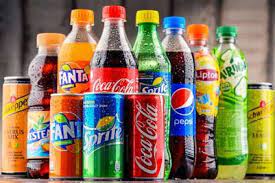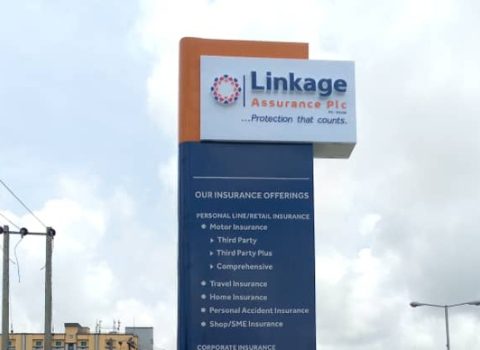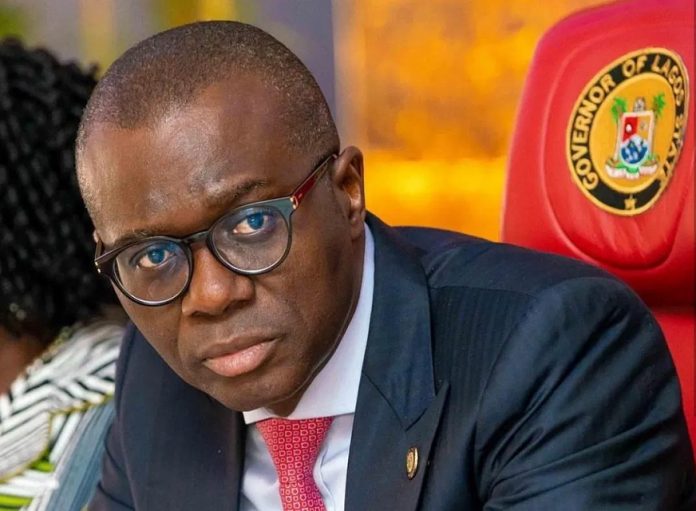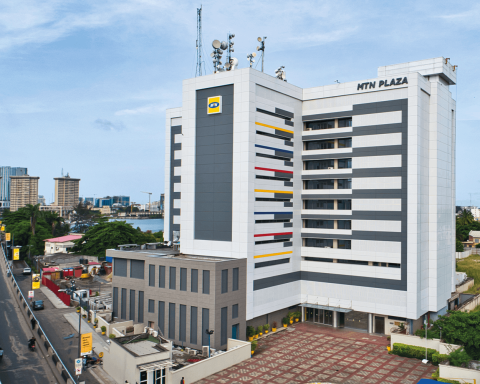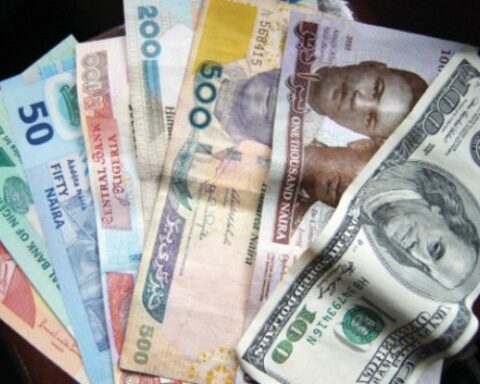The Lagos Chamber of Commerce and Industry (LCCI) has kicked against the newly-introduced excise duty of N10/litre on all non-alcoholic, carbonated and sweetened beverages by the federal government.
LCCI explained that the newly-imposed excise duty on carbonated drinks would have a ripple effect on the prices and demand of the commodity, resulting in the loss of jobs due to reduced production activities.
Join our WhatsApp ChannelChinyere Almona, director-general, LCCI, said made this known in a statement released by the chamber on Thursday.
Prime Business Africa on Wednesday reported that the federal government had announced the introduction of excise duty of N10/litre on all non-alcoholic, carbonated and sweetened beverages, as contained in the 2021 Finance Act.
Almona, however, asked the federal to protect domestic producers of carbonated drinks from unfair competition, following the newly-introduced excise duty on the commodity.
“The federal government has announced it will charge an excise levy of N10 per litre on all non-alcoholic carbonated sweetened beverages to discourage excessive sugar consumption and boost revenue.”
“The prohibition on imported drinks should be better enforced to protect domestic production from unfair competition in the face of the high cost of production in Nigeria.”
The chamber urged the FG to use the revenue generated from the levy to improve the health sector.
LCCI also recommended an upward review of the budget allocation to the health sector — in the next 10 years — to more than N1 trillion.
“The chamber supports both the government’s revenue drive and the pro-health considerations of several stakeholders.
“We, however, recommend that the realized revenue from these levies be channelled into improving the country’s grossly inadequate health infrastructure. The allocation to the health sector in the 2022 federal budget of N463bn should be reviewed upward to the region of a trillion naira invested into the sector in the next ten years.
“The chamber is also concerned about the government’s stance on the enforcement of revenue targets on government-owned enterprises.
“The operations of these Government-Owned Enterprises should not build up into a hostile business environment where the private sector will find it challenging to thrive.
According to DG, if the government insists on the new “sugar tax”, obliging it is inevitable. “If the President insists he wants it, we have to oblige him,” she said.
- PBA Reporter
- PBA Reporter
- PBA Reporter
- PBA Reporter
- PBA Reporter
- PBA Reporter
- PBA Reporter
- PBA Reporter
- PBA Reporter
- PBA Reporter
- PBA Reporter
- PBA Reporter
- PBA Reporter
- PBA Reporter
- PBA Reporter
- PBA Reporter
- PBA Reporter
- PBA Reporter
- PBA Reporter
- PBA Reporter
- PBA Reporter
- PBA Reporter
- PBA Reporter
- PBA Reporter
- PBA Reporter
- PBA Reporter
- PBA Reporter
- PBA Reporter
- PBA Reporter
- PBA Reporter
- PBA Reporter
- PBA Reporter
- PBA Reporter
- PBA Reporter
- PBA Reporter
- PBA Reporter
- PBA Reporter
- PBA Reporter
- PBA Reporter
- PBA Reporter
- PBA Reporter
- PBA Reporter
- PBA Reporter
- PBA Reporter
- PBA Reporter
- PBA Reporter
- PBA Reporter
- PBA Reporter
- PBA Reporter
- PBA Reporter
- PBA Reporter
- PBA Reporter
- PBA Reporter
- PBA Reporter
- PBA Reporter
- PBA Reporter


